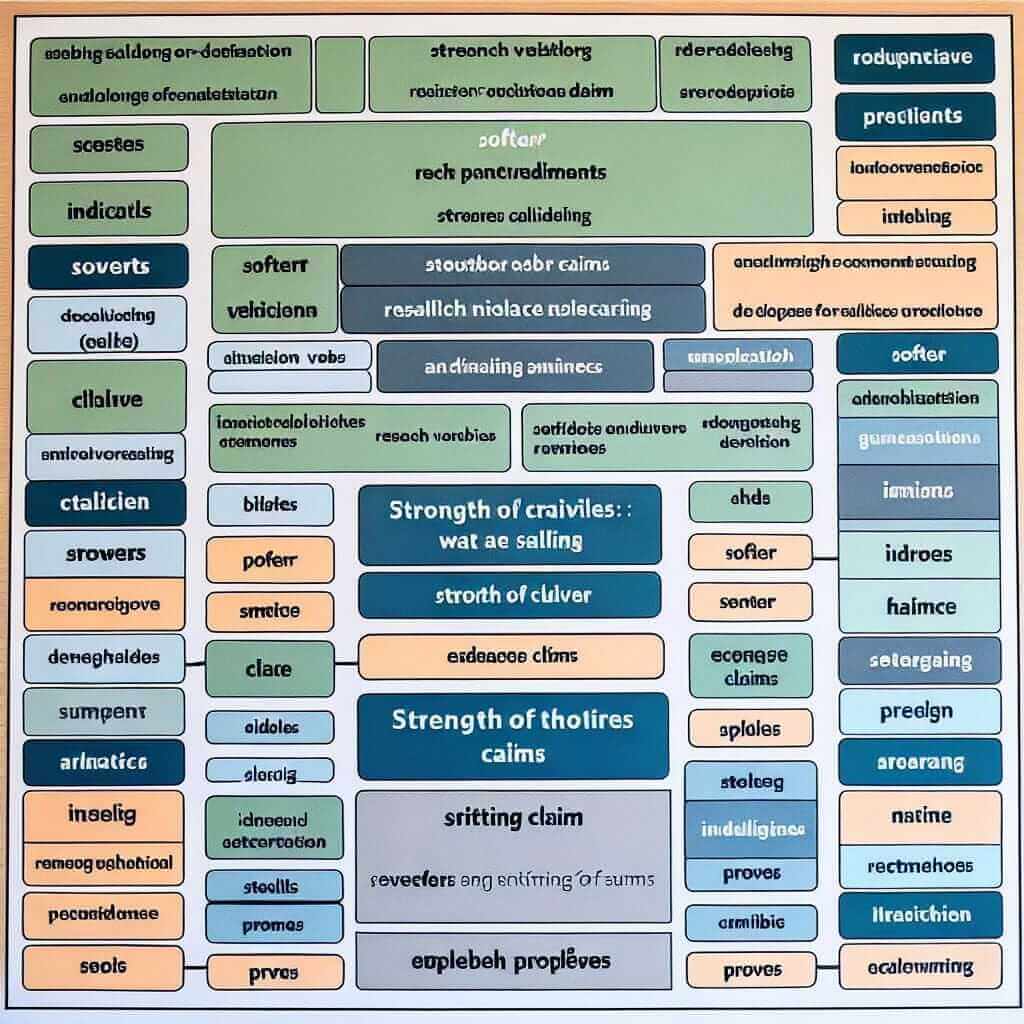Many IELTS candidates, aiming to showcase their academic vocabulary, stumble upon the phrase “it researches that.” However, this construction is grammatically incorrect and can negatively impact your score. This article delves into the correct ways to report research findings, providing you with the tools to achieve a band 7 or higher in your IELTS writing and speaking.
Let’s look at a few examples:
Incorrect: It researches that climate change is accelerating.
Correct: Research indicates that climate change is accelerating.
Incorrect: The study researches that bilingualism improves cognitive skills.
Correct: The study demonstrates that bilingualism improves cognitive skills.
As you can see from the above, simply replacing “it researches that” with more appropriate verbs dramatically enhances the sentences’ clarity and grammatical accuracy.
Understanding the Issue with “It Researches That”
The pronoun “it” typically refers to a singular, previously mentioned noun. However, “research” is an uncountable noun and doesn’t take a singular pronoun. Moreover, “research” is an activity, not an entity capable of conducting research itself.
Reporting Research Findings: The Right Way
Verbs for Reporting Research Findings
Using precise verbs to report research findings is crucial for achieving clarity and demonstrating your vocabulary range in the IELTS exam. Here are some suitable alternatives to “it researches that”:
-
Indicates/Suggests/Shows: These verbs present findings as likely or possible.
- Example: Recent research indicates that regular exercise can boost the immune system.
-
Demonstrates/Proves/Establishes: These verbs present findings as more definitive and conclusive.
- Example: The study demonstrates a clear link between air pollution and respiratory problems.
-
Finds/Reveals/Uncovers: These verbs emphasize the discovery aspect of the research.
- Example: A groundbreaking study has revealed a potential cure for Alzheimer’s disease.
Constructing Sentences: Active vs. Passive Voice
You can report research findings using either the active or passive voice.
-
Active Voice: Emphasizes the researcher or the research itself.
- Example: Scientists at Harvard University conducted a study that proves the efficacy of the new drug.
-
Passive Voice: Emphasizes the findings themselves.
- Example: The efficacy of the new drug has been proven in a recent study.
Sample Paragraph Using Research Verbs and Active/Passive Voice
The impact of social media on mental health has been a subject of extensive research in recent years. Studies indicate a correlation between excessive social media use and increased anxiety and depression, particularly among young adults. Researchers suggest that this could be due to factors such as social comparison, cyberbullying, and fear of missing out (FOMO). However, it is important to note that correlation does not equal causation, and more research is needed to establish a definitive link.

Common Mistakes and How to Avoid Them
- Using “It researches that”: This is grammatically incorrect. Use appropriate verbs like “indicates,” “suggests,” or “demonstrates” instead.
- Overusing the passive voice: While the passive voice is common in academic writing, using the active voice can make your writing more engaging. Aim for a balance.
- Lack of hedging: Not all research findings are conclusive. Use hedging language like “suggests,” “may,” or “potentially” when appropriate.
Conclusion
Mastering the art of reporting research findings is crucial for achieving a high score in your IELTS writing and speaking exams. By using accurate verbs, varying your sentence structure, and avoiding common grammatical errors, you can present information clearly, concisely, and with academic flair. Remember to practice these techniques with sample IELTS writing tasks and speaking topics to build your confidence.